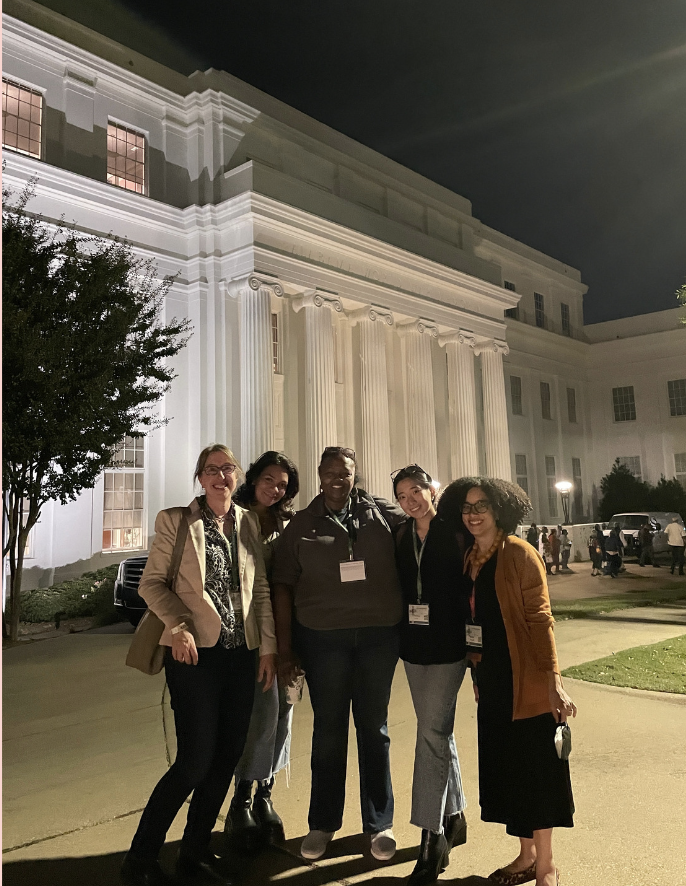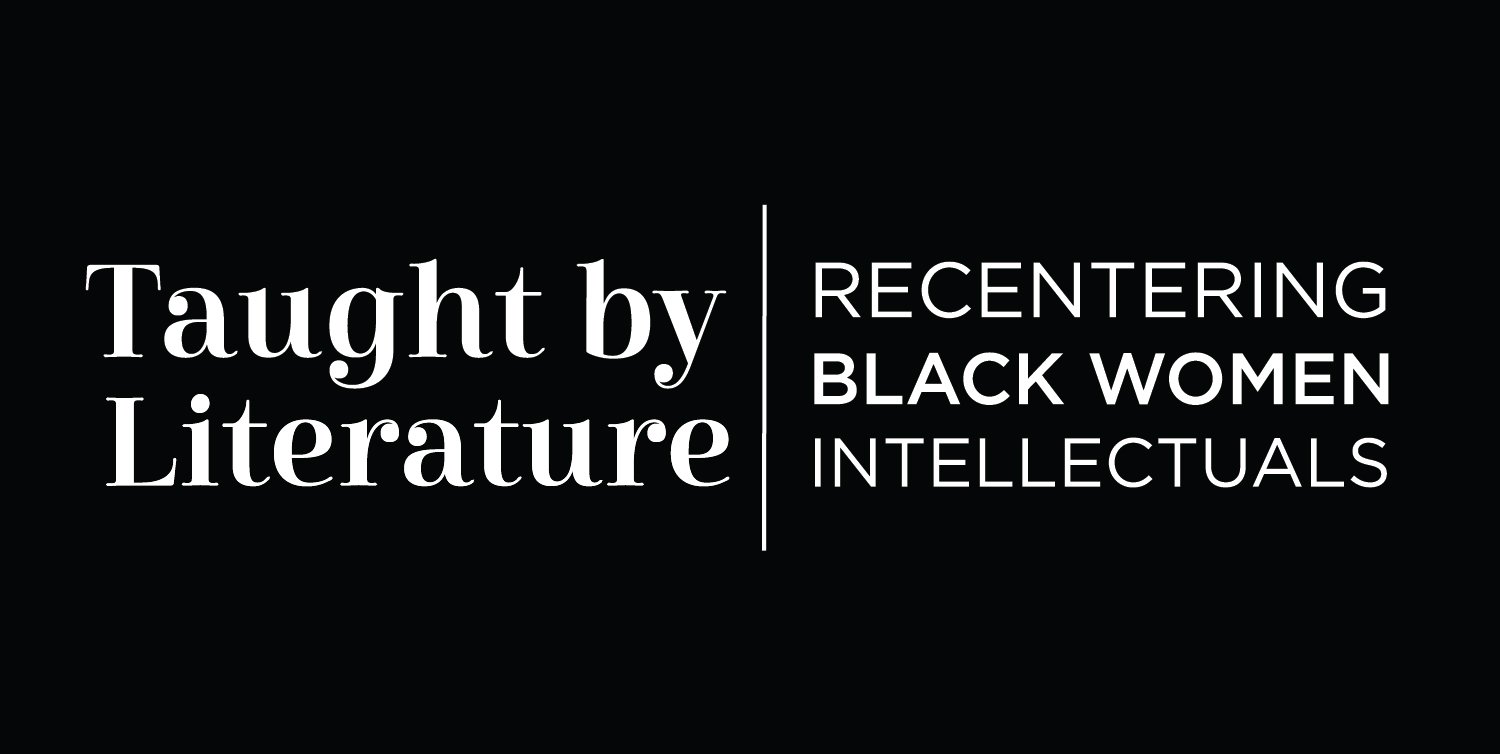
Our Story
Recentering Early Black Women Intellectuals
“We will give the children the poems and stories and folk-lore and songs of their own people.” – Alice Dunbar-Nelson
Black women intellectuals have always contributed to public debates, published their ideas, and created movements for social change — but their work is not as well-known as it should be. Taught by Literature is a collaborative digital humanities project that recenters Black women writers, beginning with the work of African American author and activist Alice Dunbar-Nelson.
In 1922, Alice Dunbar-Nelson published an essay in Southern Workman urging teachers to assign work by African American intellectuals in their classrooms. “We will give the children the poems and stories and folklore and songs of their own people,” she declared. Today, Taught by Literature honors her legacy by making her extraordinary unpublished short story collection The ‘Steenth Street Stories accessible to new audiences, alongside teaching resources for both college/university and K–12 instructors.
The founders of this project — Denise Burgher, Brigitte Fielder, and Jean Lutes — joined forces in 2021 with the goal of producing an edition of Dunbar-Nelson’s ’Steenth Street stories, which chronicle the lives of children in a poor urban neighborhood, circa 1900. As we talked about how to make these stories more widely available, we quickly realized that one priority would be reaching audiences of children, especially Black children. We started by listening to public school teachers, who told us that although they were happy to learn about Dunbar-Nelson and her writing, they needed more teaching resources about other early African American women writers, too.
Black women — especially Black women writers — remain severely underrepresented in children’s literature, textbooks, and other educational materials for young people. But Black women have always been essential activists, advocates, and teachers in their promotion of Black children’s education. Following in the path of Alice Dunbar-Nelson and many others, we’re working to support education about African American women’s intellectual history — for students of all ages.
In addition to creating the first edition of Alice Dunbar-Nelson’s The Stories of ‘Steenth Street for college and university instructors, we are working to make this collection and other texts by Black women intellectuals more accessible, and to facilitate teaching these texts to a broad variety of students, including children. To this end, we have developed teaching materials and held professional development workshops for K–12 teachers, learning from them as they learn from us. We have created this site to make the materials we create freely available to all. We have done this work both in response to K–12 educators’ needs and with our own undergraduate and graduate students in mind. Because we don’t want to confine ourselves to reach only people in academic institutions, we have also considered the needs of the broader public.
Black women’s intellectual work has often taken place in community settings, not just in schools. We intend to continue to expand this site along with our understanding of teachers and students – whoever they may be.
Our work is supported by institutional partnerships with the American Antiquarian Society, the School District of Philadelphia, and the University of Delaware Special Collections and Museums. In addition, our work has been funded by the Idol Family Fellows Program of the McNulty Institute for Women’s Leadership and the College of Arts and Sciences at Villanova University, by the McNulty Foundation, and by the Mellon Foundation and the National Historical Publications & Records Commission.
We are also proud to work in partnership with the Just Teach One: Early American Print project, hosted by the American Antiquarian Society.

